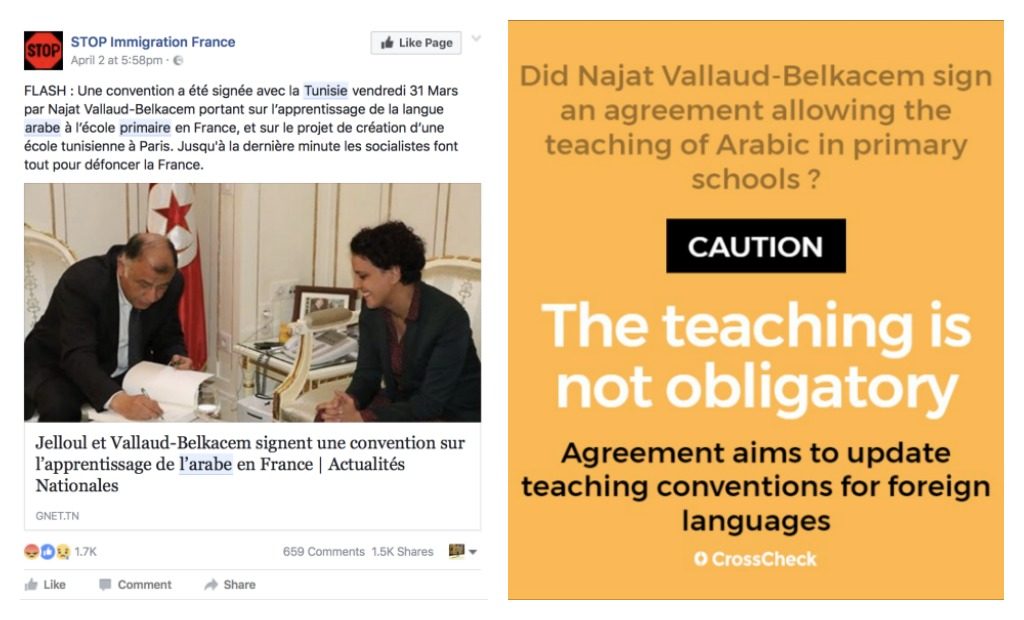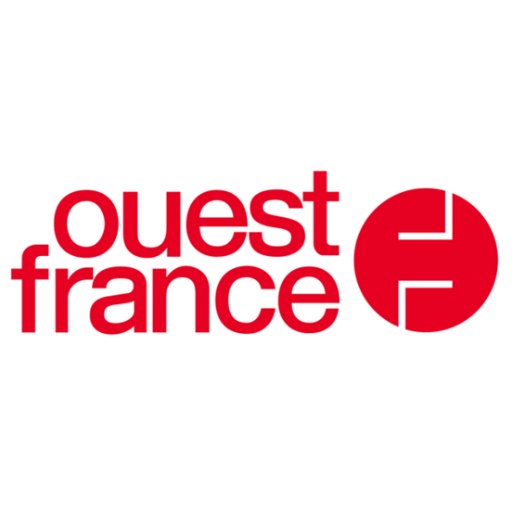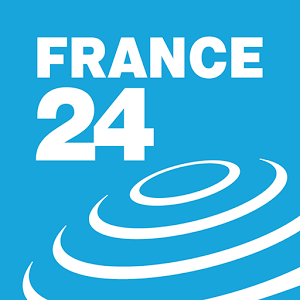Najat Vallaud-Belkacem, the French Minister of Education, was in Tunisia on March 31st, 2017. During her visit, the French weekly right-leaning newspaper Valeurs Actuelles reported that an agreement had been signed between Vallaud-Belkacem and her Tunisian counterpart for the teaching of Arabic in French primary schools. Note however that the agreement aims to update certain agreements regarding teaching, and it in no way imposes compulsory teaching of Arabic in primary schools.
The information originated from the Tunisian website Businessnews. Valeurs Actuelles briefly explains that “an agreement would have been signed between the two Education Ministers to teach Arabic in French primary schools.” This agreement has often been wrongly interpreted. In this instance numerous web users spoke up to protest against the compulsory teaching of Arabic at schools.

(Translation of title in Valeurs Actuelles’ article: ‘Najat V. Belkacem signs an agreement for the teaching of Arabic in primary school’)
In reality, the agreement concerns the updating of conventions regarding the teaching of foreign languages in primary school. Several agreements were signed between France and eight partner countries between 1973 and 1986. They aimed to establish the teaching of foreign languages at primary school to help migrant children retain links to their country of origin. In this framework of conventions, known as ELCO ( which stands for Teaching of Language from Culture of Origin), the teachers were recruited and paid by the partner countries.
Contacted by Crosscheck, the French Ministry of Education justified its wish to modernise these agreements: “ELCO was quickly criticised for several reasons: the teachers were reserved solely for immigrant children, the teachers were not part of the educational team, and sometimes the teaching of the language became a religious class.”

Source: French Ministry of Education
Najat Vallaud-Belkacem’s objective in 2016 was to transform ELCO into EILE (International Teaching of Foreign Languages). The aim is to give the option of learning foreign languages to all. The recruitment of teachers – in this case integrated into the educational teams – is done collectively with the foreign countries concerned. They remain however paid by their country of origin. Tunisia is the second country to sign an EILE agreement after Portugal. The aim is to abandon ELCO after 2018. The agreements with the countries that reject EILE will be discontinued.
This article arose in response to questions on this topic submitted to CrossCheck by several web users.

 Misreported
Misreported








